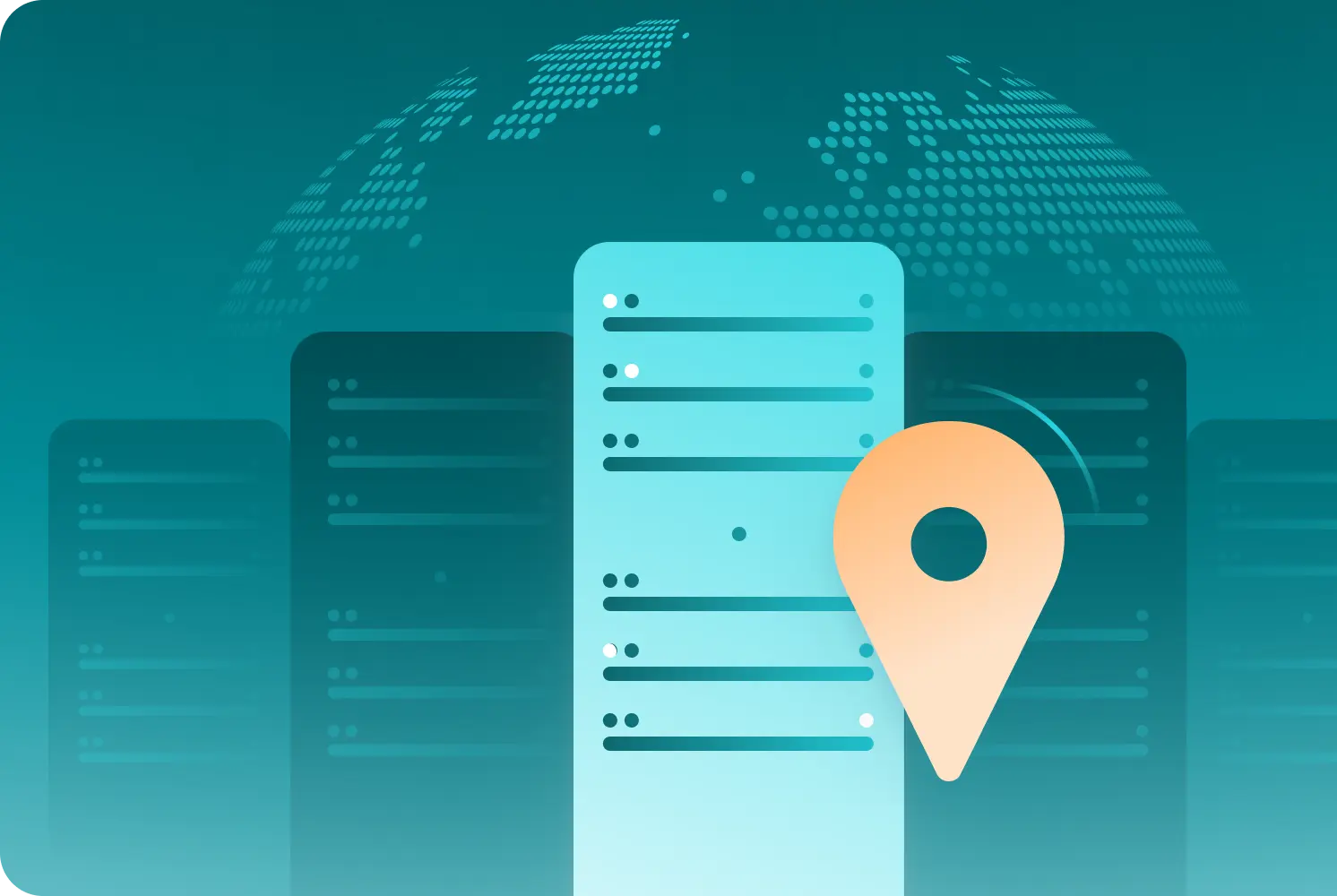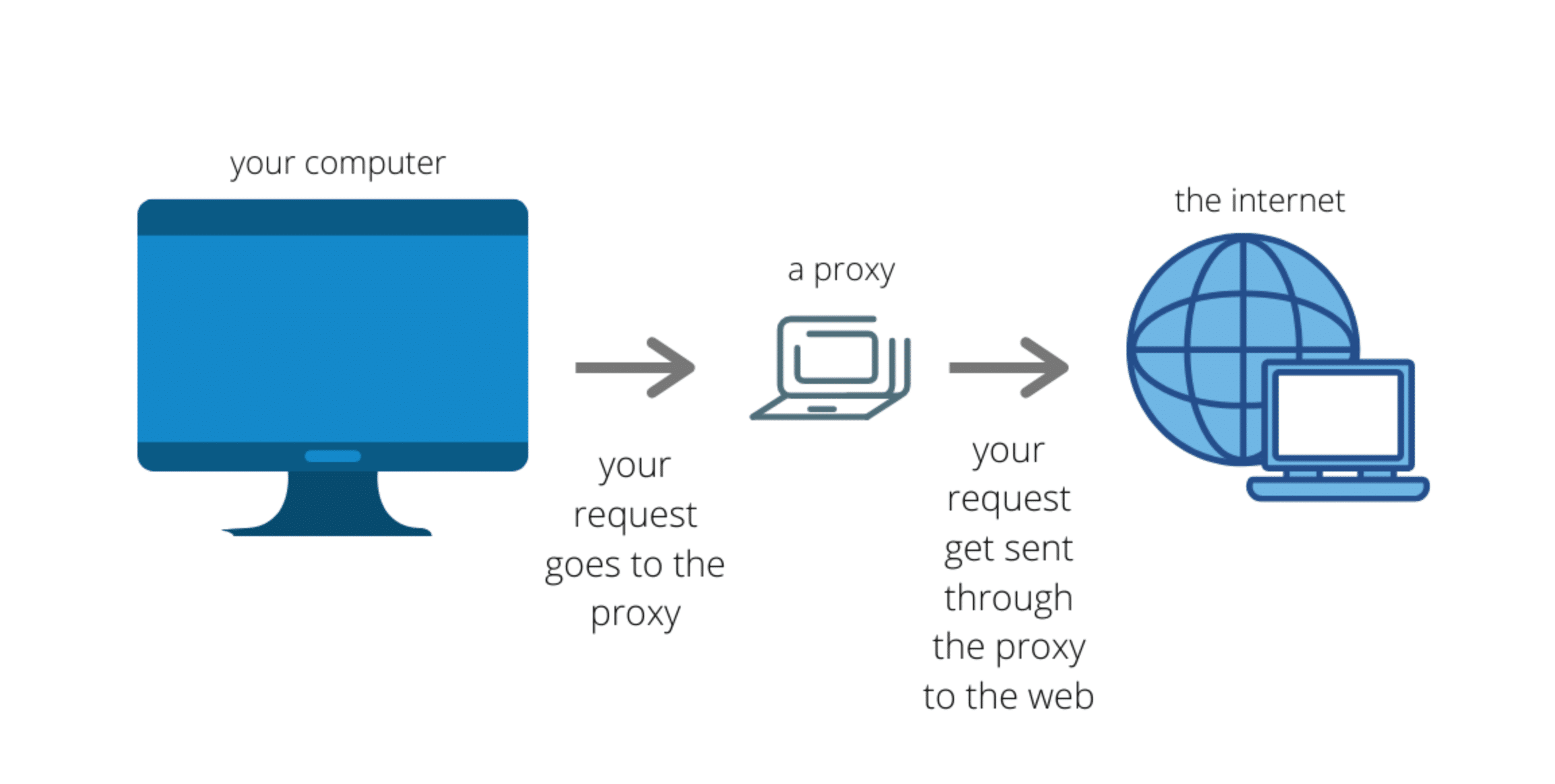In 2025, global Internet traffic surpasses 5 billion daily users, and businesses increasingly rely on tools to navigate this digital ecosystem safely and efficiently. Among these tools, proxies play a pivotal role. A proxy server acts as an intermediary between your device and the web, forwarding requests while masking your real IP address. Companies and individuals alike buy proxy server solutions to ensure anonymity, bypass geographic restrictions, and secure sensitive data.
Proxies are no longer niche technology. Analysts estimate that over 70% of enterprises engaged in web scraping or competitive intelligence now use residential or data center proxies to optimize operations, reduce blocking, and improve data accuracy.
How Proxies Are Used Today
- Data Collection & Web Scraping: Proxies allow companies to extract information at scale while mimicking real user behavior to avoid detection.
- Security & Anonymity: Concealing IP addresses protects sensitive information and preserves online privacy.
- Geolocation Access: With regional content increasingly restricted, proxies provide a critical gateway to information globally.
- Testing & Monitoring: Businesses test web applications and track performance across regions without risking detection.
Types of Proxies: Residential vs. Data Center
Proxies generally fall into two categories: residential and server (data center) proxies. Each type has distinct advantages and limitations.
Residential Proxies
Residential proxies, often called home or peer-to-peer proxies, use IP addresses from real devices such as laptops, smartphones, or tablets. These devices join a peer network, allowing their IPs to be used as proxies.
Advantages:
- High anonymity: Requests appear as regular user traffic, making them difficult to detect.
- Global geolocation coverage: Available in virtually any country, enabling precise location simulation.
- Resilience to blocks: Sites rarely block traffic from residential proxies because it mimics genuine user activity.
- IP rotation: Many providers offer automatic IP rotation, improving data collection efficiency and reducing block risks.
Drawbacks:
- Higher cost: Residential proxies are more expensive due to the complexity of sourcing and maintaining them.
- Potential instability: Connection depends on user devices, which may disconnect unexpectedly.
- Limited speed: Performance is tied to the quality of the user’s Internet connection, which may slow data retrieval.
Server (Data Center) Proxies
Server proxies, or data center proxies, use IP addresses hosted in data center infrastructure. Managed by providers, these proxies are rented to clients for various purposes.
Advantages:
- High speed: Hosted in corporate-grade data centers, ensuring fast data throughput.
- Stable connection: Not dependent on individual users, providing reliable performance.
- Cost-effective: Typically cheaper than residential proxies, especially when using shared IP pools.
- Unlimited traffic: Most providers charge per IP, not by data volume, making large-scale data collection feasible.
Drawbacks:
- Limited geolocation options: Tied to data center locations, geographic distribution may be constrained.
- Easier to detect: Automated traffic from these IPs is more likely to be flagged by target sites.
- Shared IP risks: Using shared pools can result in IPs previously used, increasing block risks.
- No automatic rotation: IP rotation is not standard, requiring additional measures for anonymity.
Choosing the Right Proxy
Selecting between residential and server proxies depends on specific needs, budget, and operational goals:
- Maximum anonymity and anti-blocking: Residential proxies are ideal.
- Geographically diverse data collection: Residential proxies offer broader location coverage.
- Speed and connection stability: Server proxies excel here.
- Large-scale data extraction: Server proxies with unlimited traffic are more economical.
- Cost-sensitive operations: Server proxies, particularly shared IP pools, provide affordability.
In practice, many organizations deploy a hybrid approach, combining residential and server proxies to balance anonymity, performance, and cost. As digital operations expand, the strategic use of proxies becomes increasingly essential, transforming them from a technical tool into a cornerstone of modern Internet strategy.


